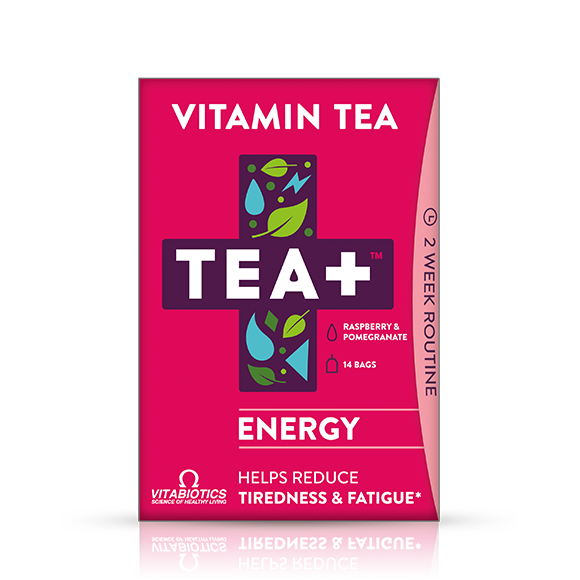Do you remember the first time you set out to get in shape? There was probably an abundance of optimism, a little groaning about cardio, a TON of Googling. Finding a workout plan that seems doable, avoids the things you hate (looking at you, burpees), and works towards the results you want is a monster endeavor. There are so many options to choose from that it can make your head spin.
Figuring out your exercise regimen is downright easy compared to decoding the world of fitness supplements.
By the time you get comfortable with your fitness routine and start to see a reasonable amount of progress, you’re at least peripherally aware of supplements. You know what I’m talking about. There are mystery liquids in blender bottles all across the gym, and whispers of creatine and pre-workout in the locker rooms.
If you want to know more and aren’t sure where to start, consider this your crash course to level one of the supplement game. We’ll cover the basics of protein, BCAAs, and creatine, which are traditionally the most used supplements.
Protein
Adding extra protein into your diet in the form of a powder is the simplest supplementation move to make. Protein powder comes in a variety of flavors, textures, and concentrations, and there’s a lot you can do with it beyond making shakes.
The biggest benefit of protein powder comes from providing your muscles with additional material to build muscle. When you workout, you make gains by training your muscles to be faster or stronger in one way or another, which requires more muscle to be built. Dietary protein often comes from expensive and heavy foods, so protein powder is used to get materials to the muscles economically and efficiently.
Generally, protein is taken once or twice throughout the day, depending on how much is being supplemented. A general rule of thumb is one gram of protein per pound of body weight, though that may vary with your training schedule. You don’t want to take more than 20-25 grams at a time, as your body can’t make metabolic use of a larger dose. So, if you determine that you need 150 grams of protein per day, and you can only get 100 from dietary sources, then supplementing 25 grams twice a day is a good plan for you. One dose should be taken within an hour post-workout, and the other can be taken on its own at some point during the day — just be sure not to combine it with another protein-heavy snack.






